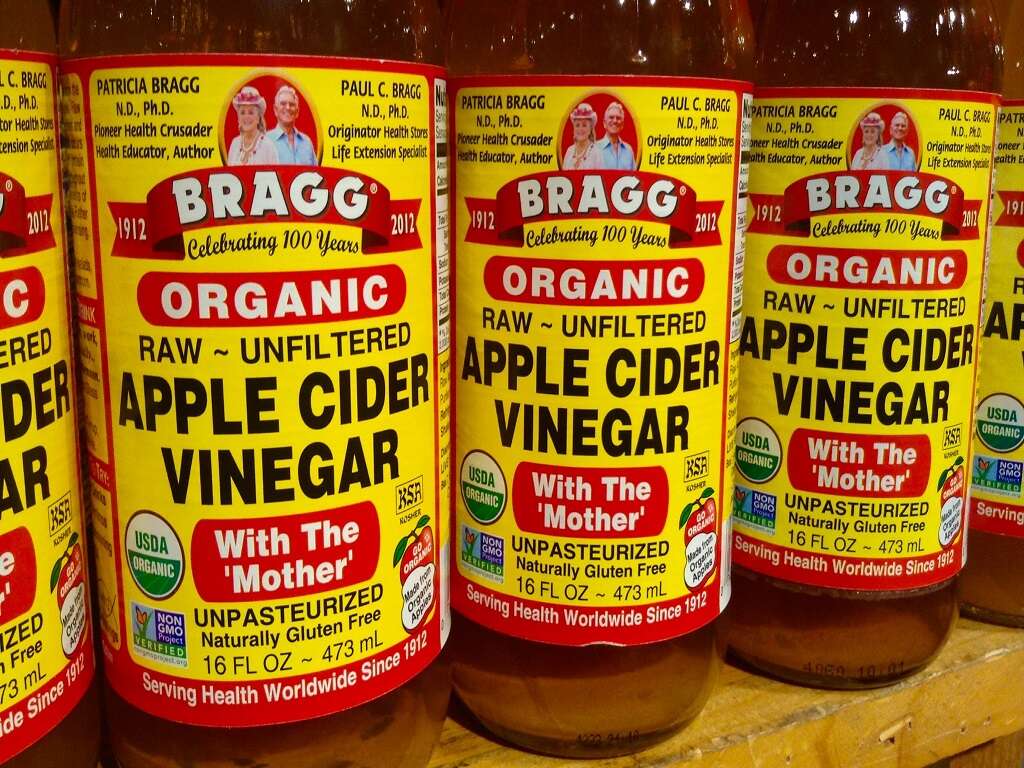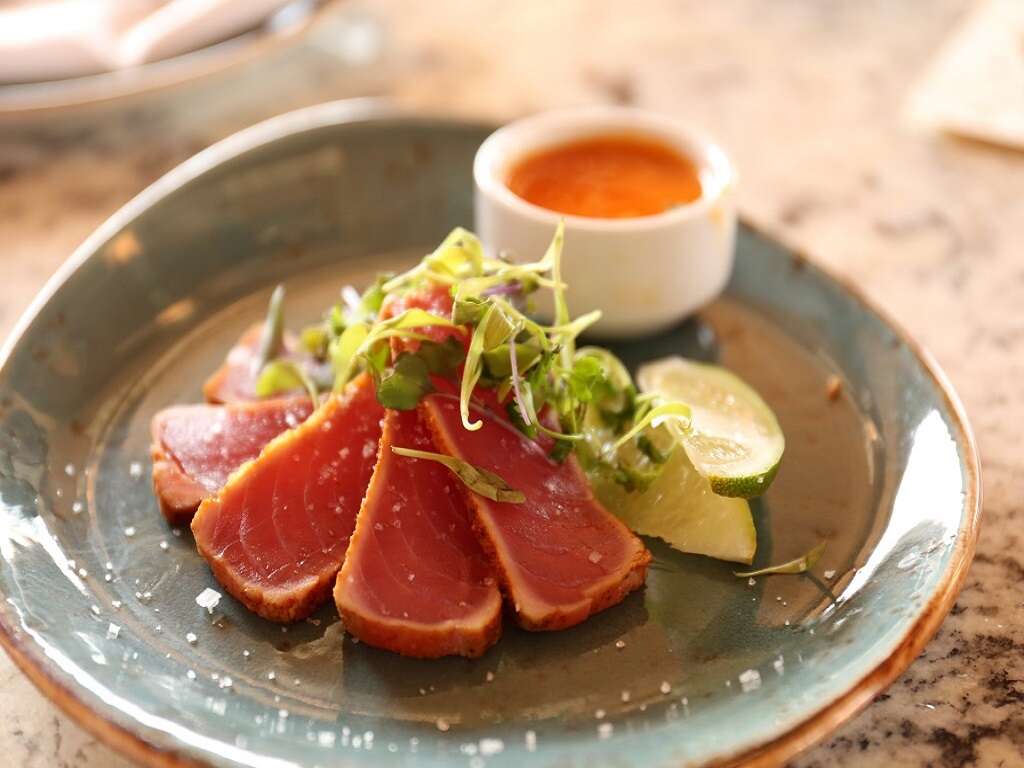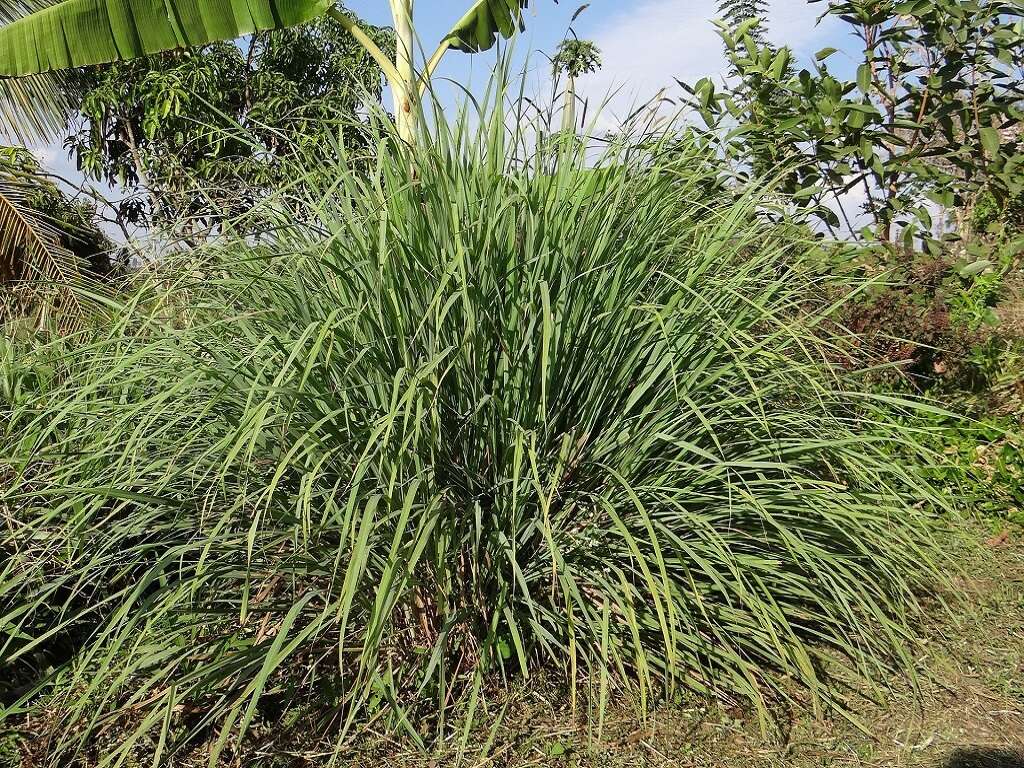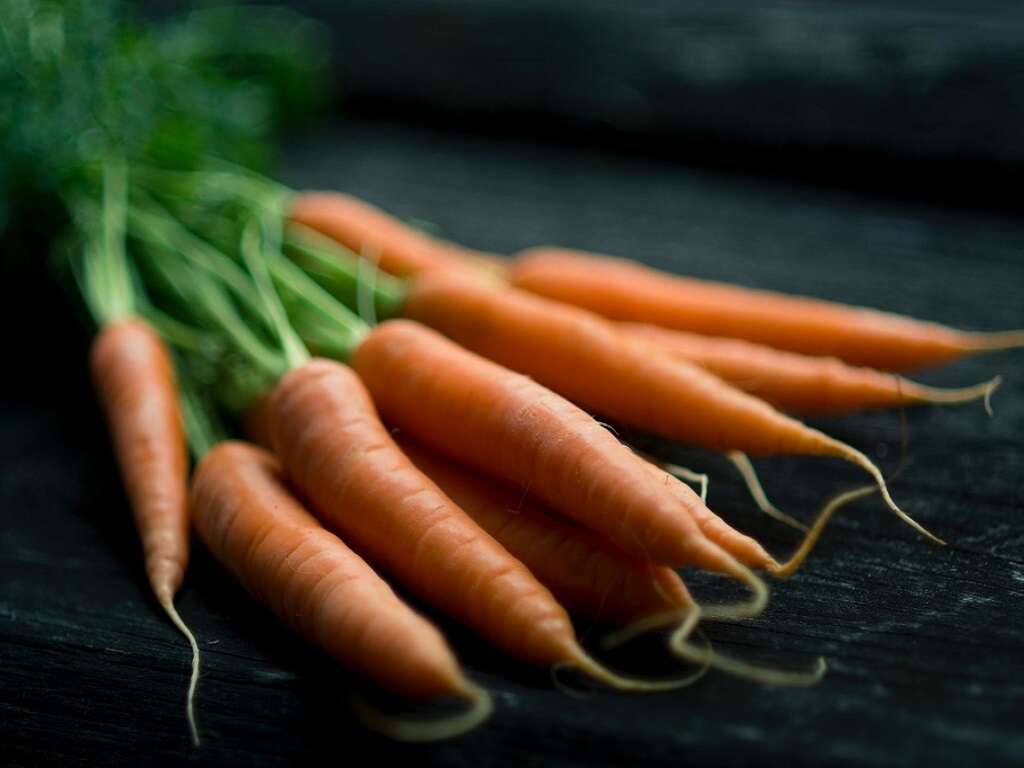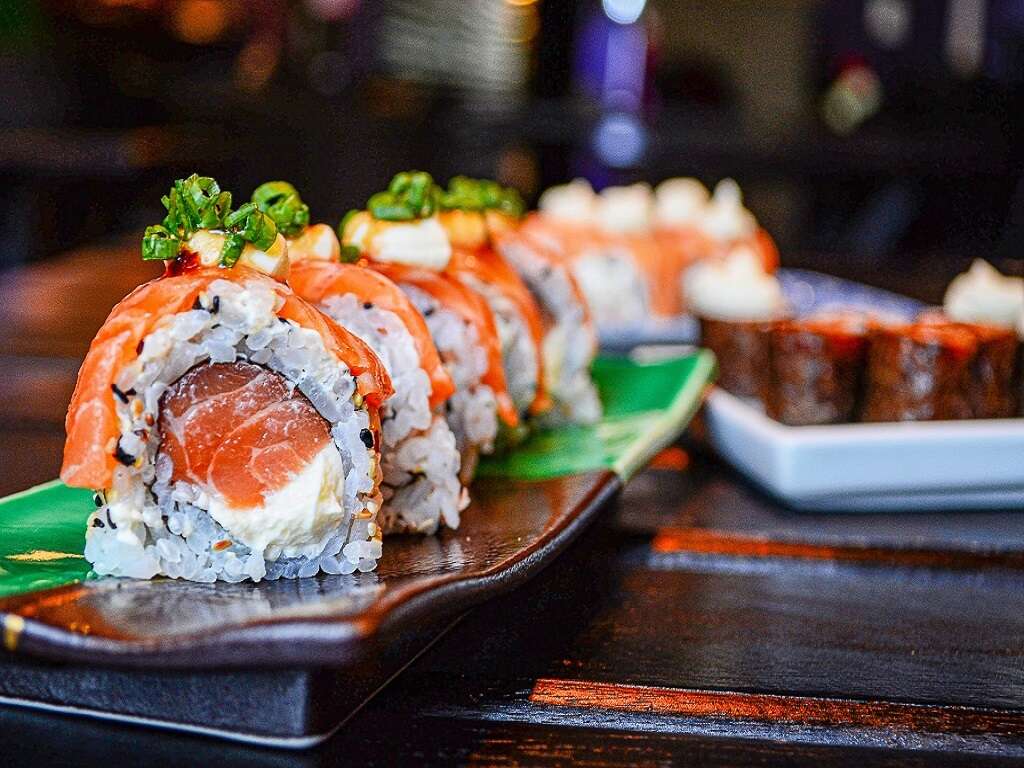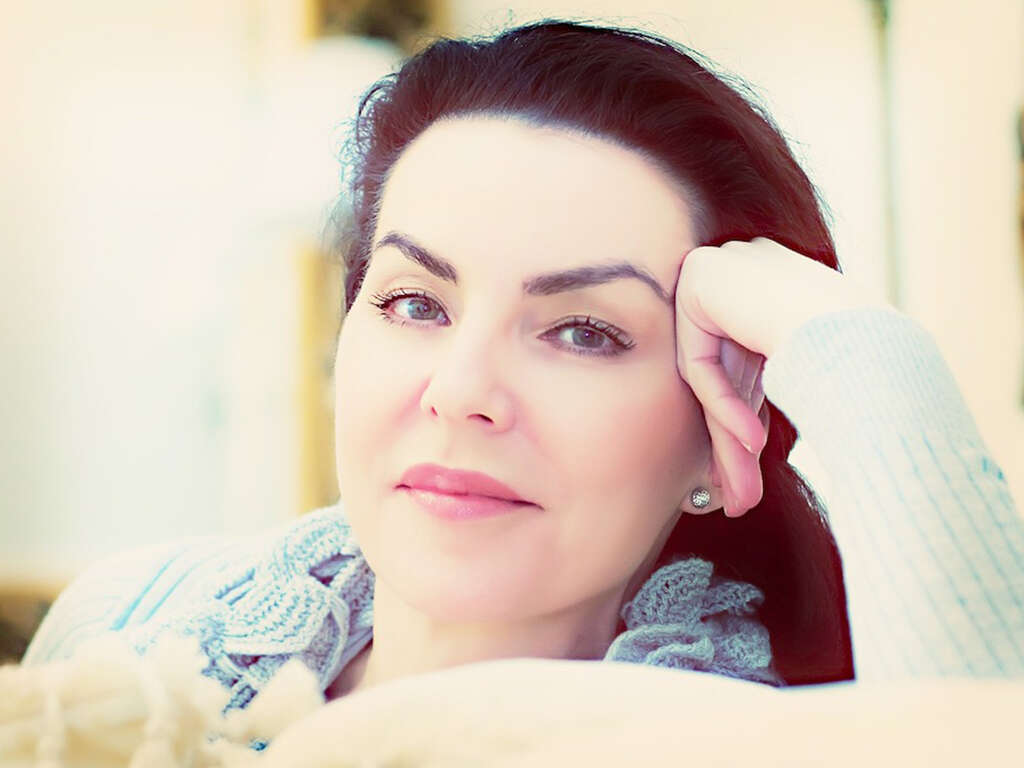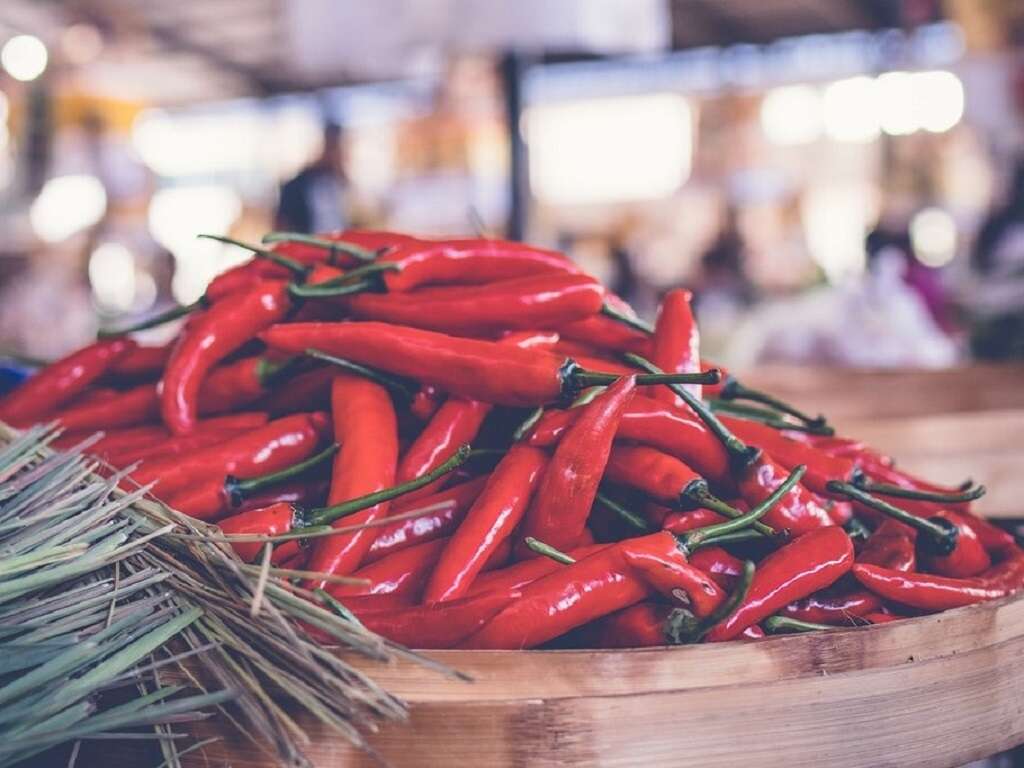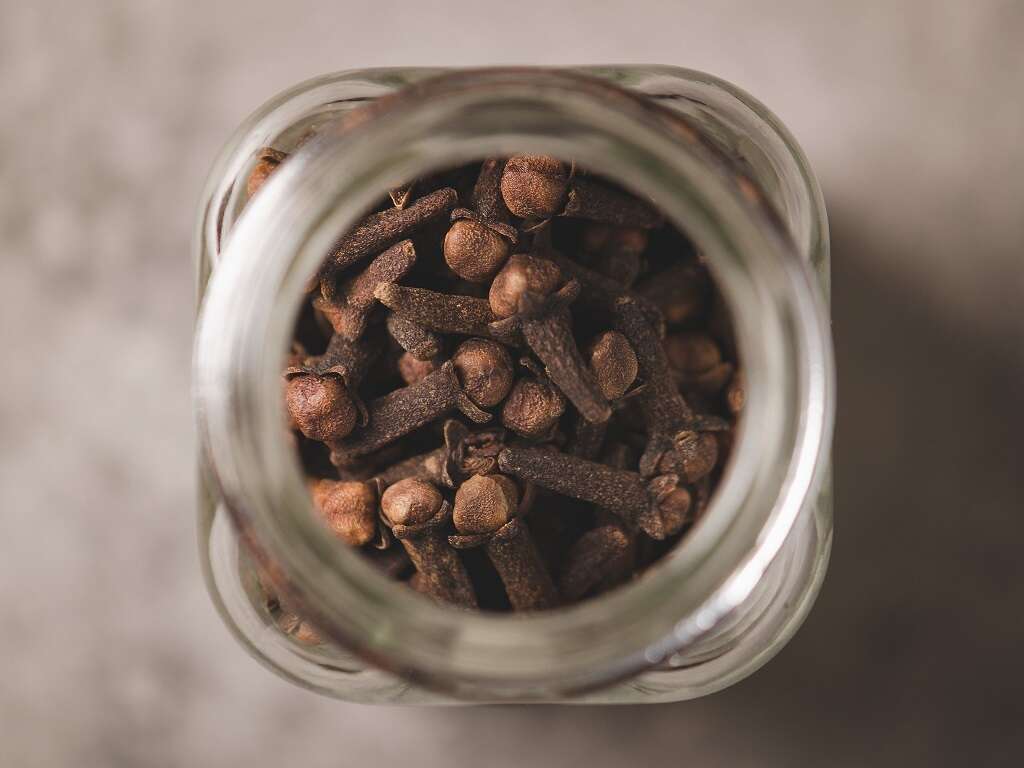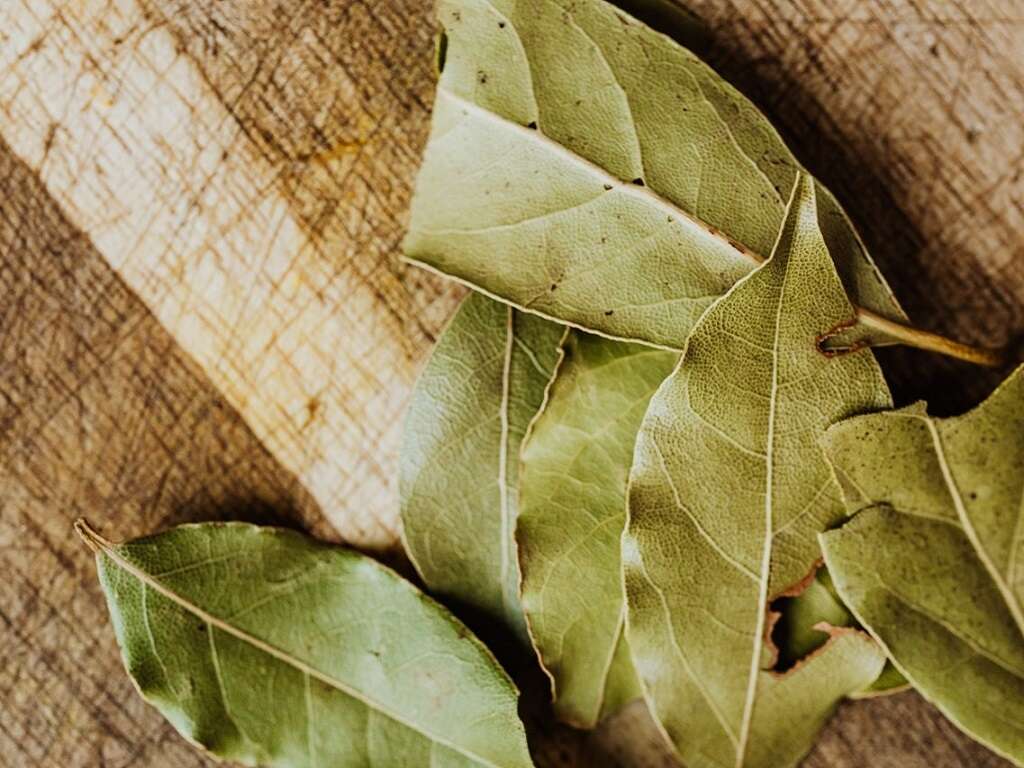50 Cancer Causing Foods to Avoid
 Article Sources
Article Sources
- 1. 'Cancer: Carcinogenicity of the Consumption of Red Meat and Processed Meat.’ World Health Organization, World Health Organization, www.who.int/news-room/q-a-detail/cancer-carcinogenicity-of-the-consumption-of-red-meat-and-processed-meat.”
- 2. 'Can Grilling Food Really Cause Cancer?' Cedars, www.cedars-sinai.org/blog/grilling-cancer-risk.html.
- 3. 'WHO Report Links Processed Meats to Cancer, but It's Important to Maintain Perspective.' Breastcancer.org, 19 Nov. 2015, www.breastcancer.org/research-news/report-links-processed-meats-to-cancer.
- 4. 'Cancer Causing Foods - Part III: Farmed Fish.' Attacking Cancer, 22 June 2019, attackingcancer.org/cancer-causing-foods-part-iii-farmed-fish/.
- 5. 'Do Fried Foods Cause Cancer? - Ask Dr. Weil.' DrWeil.com, 26 July 2016, www.drweil.com/diet-nutrition/food-safety/do-fried-foods-cause-cancer/.
- 7. 'Drinks That May Affect Your Cancer Risk: Cancer: UT Southwestern Medical Center.' Cancer | UT Southwestern Medical Center, utswmed.org/medblog/energy-drink-alcohol-cancer/.
- 8. 'Risk Factors for Cancer.' National Cancer Institute, www.cancer.gov/about-cancer/causes-prevention/risk.
- 9. 'Simon, Stacy. 'World Health Organization Says Very Hot Drinks May Cause Cancer.' American Cancer Society, American Cancer Society, 15 June 2016, www.cancer.org/latest-news/world-health-organization-says-very-hot-drinks-may-cause-cancer.html.
- 10. 'Fiolet, Thibault, et al. 'Consumption of Ultra-Processed Foods and Cancer Risk: Results from NutriNet-Santé Prospective Cohort.' BMJ (Clinical Research Ed.), BMJ Publishing Group Ltd., 14 Feb. 2018, www.ncbi.nlm.nih.gov/pmc/articles/PMC5811844/.
- 11. 'Lu, Wei, et al. 'Dairy Products Intake and Cancer Mortality Risk: a Meta-Analysis of 11 Population-Based Cohort Studies.' Nutrition Journal, BioMed Central, 21 Oct. 2016, www.ncbi.nlm.nih.gov/pmc/articles/PMC5073921/.
21. Boiling Hot Beverages
The World Health Organisation classifies boiling hot beverages as probable carcinogens. Drinks such as hot chocolate, coffee and tea should be brewed at temperatures lower than 149 degrees Fahrenheit. Hot liquids may also damage the lining of the esophagus.
According to a recent study, there's a possible link between high amounts of the South American tea called maté and esophageal cancer. Maté is traditionally served at extremely high temperatures.8‘Risk Factors for Cancer.’ National Cancer Institute, www.cancer.gov/about-cancer/causes-prevention/risk. Moderate consumption of hot beverages brewed at lower temperatures may help prevent these issues.
Advertisement



